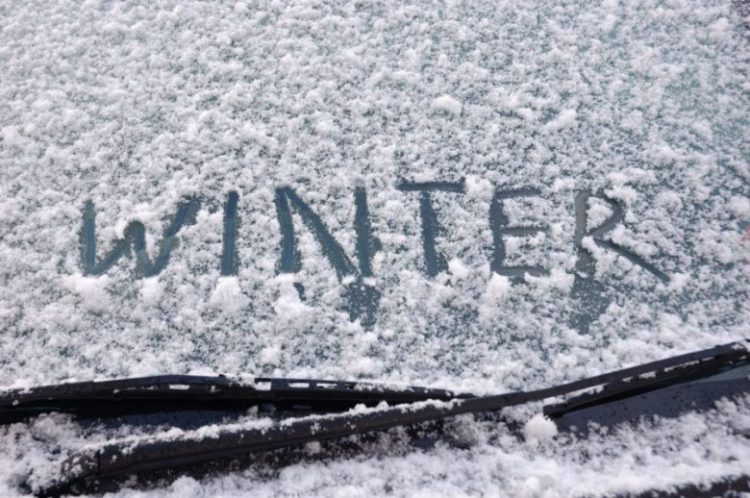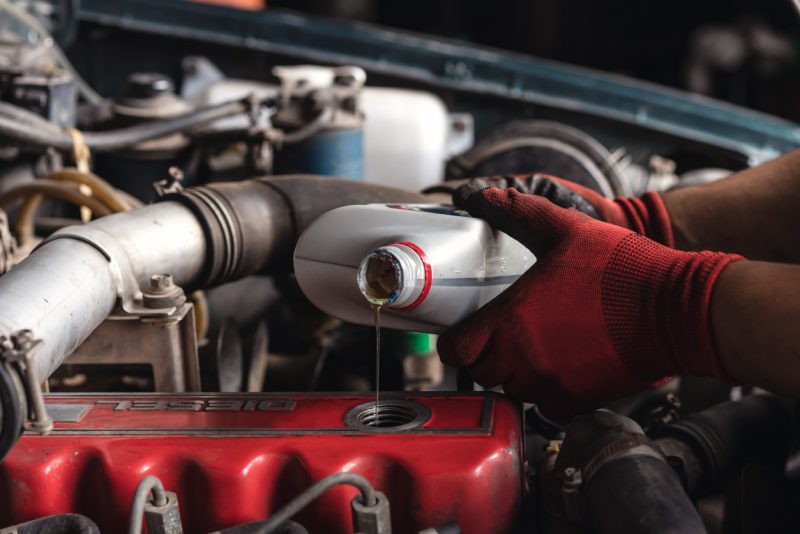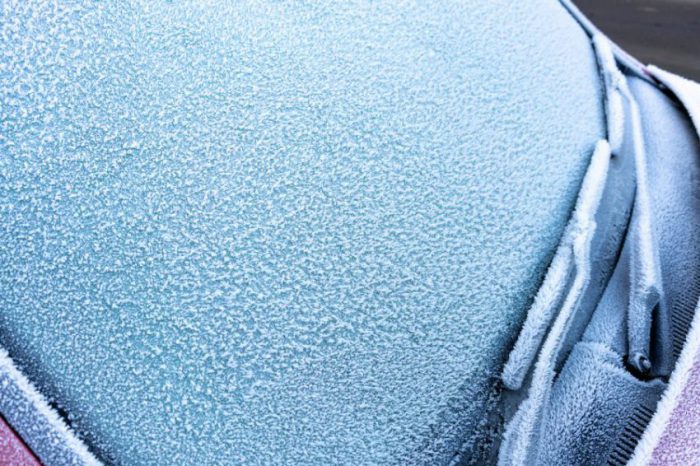
Winter is here and with the cold weather comes a whole lot of challenges, and not just for us drivers. Cars too will be suffering in the lower temperatures. Here are the different ways icy conditions affect your car and some handy suggestions for ways to reduce their impact.
Low temperatures thicken the oil
You might have noticed the digits on the container when you buy oil for your car. These represent the oil’s viscosity. The lower the oil’s viscosity, the more easily it will flow around the engine. But cold weather makes oil thicker and more viscous so it doesn’t flow as easily. This is why your car’s engine can feel more reluctant to turn over in very low temperatures.
The characters on the side of your oil container will probably be something like 5W-30. The W stands for winter and the lower the number before the W, the more it will help the engine start in cold weather. I’d suggest sticking to the oil your car maker recommends in the user manual; they do usually know best.

Cold hurts the battery
A battery works by a chemical reaction from the connection between positive and negative terminals. In lower temperatures, the chemical reaction takes place more slowly and produces less current than in warmer temperatures. And the battery’s cause isn’t helped by my first point: an engine with thicker oil in it demands more current from the starter motor to fire up.
The older a battery is, the more it will have deteriorated and the worse it will be at holding its charge. That’s why when you try to start your car it might initially allow the starter motor to turn the engine but quickly runs out of beans.
If your car appears to be struggling to start, ask your garage. Most will do a battery health check for free.

Winter makes tyres harder
Tyres are made from a mixture of components called a compound. The molecules in these tyre compounds bond with the road surface. But in most tyres this is designed to happen most effectively when temperatures are higher than 7 degrees Celsius.
Below that temperature, the tyre’s molecules become harder and are less able to stick to the road’s surface. That’s why when you drive on snow with normal tyres, you’ll have hardly any grip. Winter tyres are designed with compounds that can bond with a surface in temperatures below 7 degrees C.
If you don’t want to take the winter tyre plunge, consider all-season tyres as a sensible compromise.
Windscreen wipers can suffer too

Just as tyre rubber gets harder in cold conditions, so does the rubber on windscreen wiper blades. This makes them more vulnerable to tearing. It also means that if you run your wipers over the rough, abrasive surface of ice, they’re more likely to suffer damage.
Be careful about turning your wipers on in freezing conditions. We see a lot of blown wiper and washer motor fuses during icy weather. This is because drivers turn the wipers on but the blades are frozen to the screen causing the fuse to blow. Take care lifting wipers off the screen too. If they’ve frozen to the glass, you could easily tear them.
Just don’t be in too much of a rush: the blades should unstick from the screen relatively quickly just from the heat building up inside the car.
Cold can freeze washer fluid
You – or at least your garage mechanic ‑ probably make sure you’ve got anti-freeze in your coolant tank. But what about your windscreen washer reservoir? If you just fill that with water, or worse still, washing up liquid (that has salt in it!), it’s likely to freeze in sub zero conditions.
You need to use proper screenwash and make sure that it’s diluted correctly for the temperatures you’re likely to face. There’ll be instructions on the bottle of the product you choose. Follow these tips and they’ll help you – and your car – get through the cold winter months.
To help you prepare for whatever winter has in store, you can grab a winter travel essentials kit from the Green Flag Shop.
By John Price, a member of Green Flag’s automotive technical support team
For many years I have been able to leave “car things” to my husband to look after but circumstances have changed and so I’m on a sharp learning curve. I find the info in this newsletter brilliant – topical, easy to understand and I’m learning things I should have known years ago. Thank you.
Thank you for your information and advice.
Thank you, you have made things a lot easier for me.
I enjoyed reading this as I did not no a lot about my car. Only how to drive so reading this is very useful to me I will save this and read again. THANKYOU.